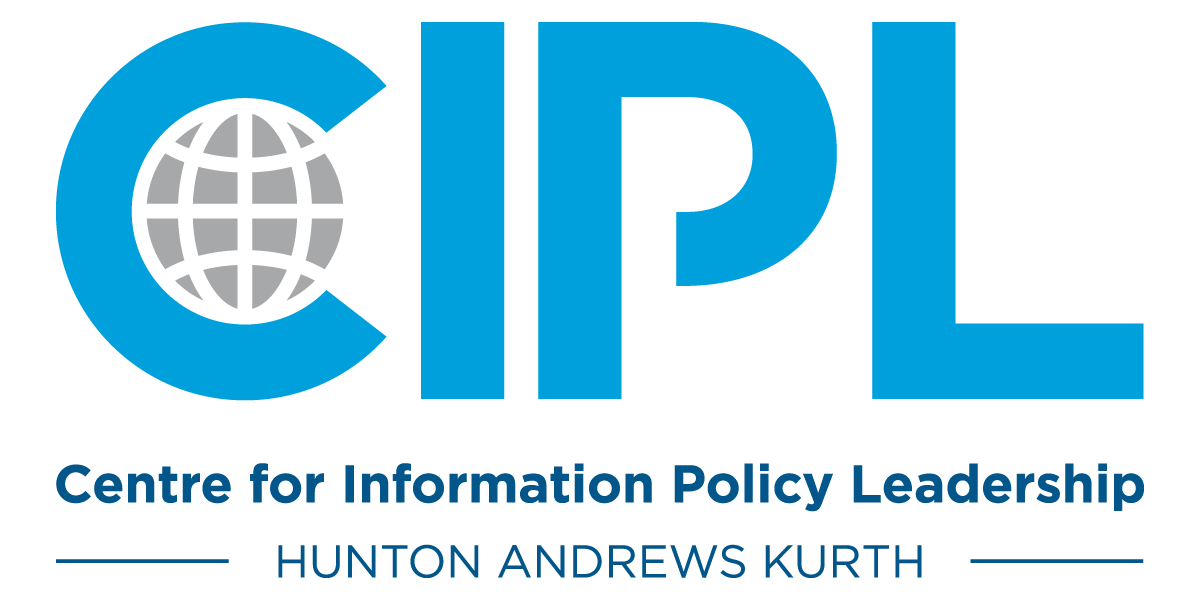Director of Policy, The Web Foundation
Any views expressed herein are not necessarily the views of CIPL nor Hunton Andrews Kurth LLP
“In those days, there was different information on different computers, but you had to log on to different computers to get at it. Also, sometimes you had to learn a different program on each computer. Often it was just easier to go and ask people when they were having coffee…” Tim has said.
Tim saw a way to solve this problem. Already, millions of computers were being connected together through the fast-developing internet, and he realized they could share information by using an emerging technology called hypertext.
In March 1989, Tim set out his vision for what would become the web in a document called “Information Management: A Proposal.” Fast forward to the end of 1990, and the first web page was served on the open internet.
The web quickly became a place for global innovation and collaboration never seen before. It created opportunity, gave marginalized groups a voice, and made our daily lives easier. The Covid-19 pandemic has shown us that the web is a lifeline, not a luxury. But access to these digital spaces is not equal for everyone. Thirty years on from the invention of the web, only half of the world was able to connect. And for those who are online, too often they are driven offline by privacy violations, online harassment, censorship, fraud, and more.
In 2009, Sir Tim co-founded the World Wide Web Foundation with Rosemary Leith to address these challenges and to galvanize the global community to fight for the web we want: a web that is safe, empowering, and genuinely for everyone.
Today the Web Foundation continues to fight for digital equality and opportunity, with a special focus on half the world’s population: women. Our recent research on women’s rights online highlights the stark gaps between how women and men experience the web and digital services, with men 21% more likely to be online than women, rising to 52% in the world’s least developed countries. There are also gaps in quality of connectivity and digital skills, and threats that disproportionately impact women’s privacy and safety — all of which prevent women from fully benefiting from the opportunities that digital technology offers.
Our research shows that women on average have lower levels of trust in private companies, with 54% stating they would not allow companies to use any of their data, compared to 47% of men. Women are more concerned than men about the privacy of their personal data, such as private messages, personal data of family members, medical records, and home addresses.
And women are more concerned about the potential harms they face if their information is misused. Women are disproportionately affected by serious privacy violations in some areas, like doxing, the sharing of non-consensual images, cyberstalking, and surveillance via connected devices by abusive partners.
Our survey also found women are less likely to be creators of content when they do get online. Men were far more likely to engage in a range of online activities, including posting comments about political, social or economic issues, selling products or advertising a service, or publishing a blog post. There needs to be more research into the reasons behind this gap — including the role privacy concerns play in women’s lower levels of content creation.
There is no “universal” experience of the web. We must recognize that individuals’ gender, race, ethnicity, socio-economic class, sexual orientation, and other intersecting and overlapping identities impact how they perceive, interact with, and are served by data, products, and policies. The global tech community must adopt a more intersectional approach to developing policies and products that account for the full diversity of those who use digital tools, especially from a privacy and data protection perspective. As a starting point, companies, governments and researchers should collect gender-disaggregated data around women’s and men’s perceptions of privacy and use of data-driven services.

 RSS Feed
RSS Feed

